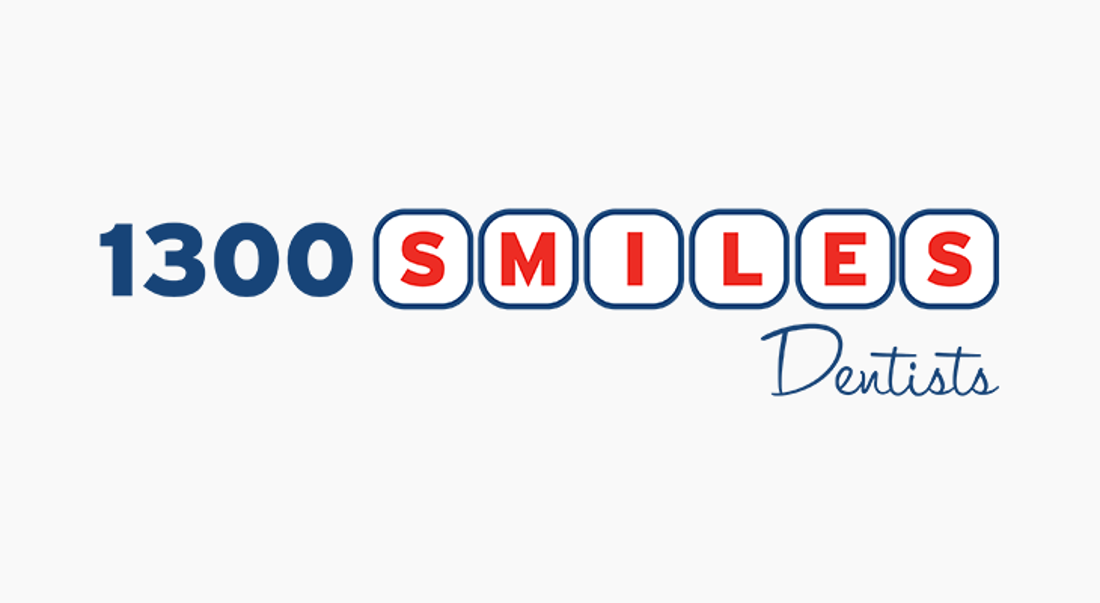Oral appliances

Obstructive Sleep Apnoea is a sleep disorder where the airway at the back of the mouth repeatedly, partly or completely obstructs during sleep. Breathing is reduced or may stop altogether causing oxygen levels to fall and the sufferer to wake up, often unknowingly and usually with a gasp. These obstructive events can occur up to 40-50 times per hour of sleep.
Sleep apnoea can strain relationships and may result in excessive daytime sleepiness and can increase the risk of motor vehicles accidents. It is estimated that up to 20% of the population have sleep apnoea and it can occur at any age and affects both genders.
There are a range of treatment options available to treat obstructive sleep apnoea based on the underlying cause of the disorder. While Continuous Positive Airway Pressure (CPAP) will stop sleep apnoea straight away in almost all people who use it, an oral appliance can work well for people with mild to moderate sleep apnoea or for those who can’t use CPAP.
Oral appliances are worn in the mouth while you sleep and fit like a sports mouthguard or orthodontic retainer. They push your lower jaw forwards, to open the airway and reduce the risk of vibration (snoring) or obstruction.
Oral appliances are becoming a much more common treatment for obstructive sleep apnoea and Dr John Packer at 1300SMILES Carindale is well recognised for his work in this field of treatment for:
- sleep disordered breathing,
- incorporating obstructive sleep apnoea,
- snoring,
- night grinding and
- temporomandibular disorder.
Dr John is the only dentist in Queensland with a Graduate Diploma in Dental Sleep Medicine; special post graduate training by the University of Adelaide and the University of Western Australia and is recognised by Medibank as a specialist in sleep dentistry. Oral appliances can be a life changing intervention – they are simple, comfortable and for most sufferers, highly effective.